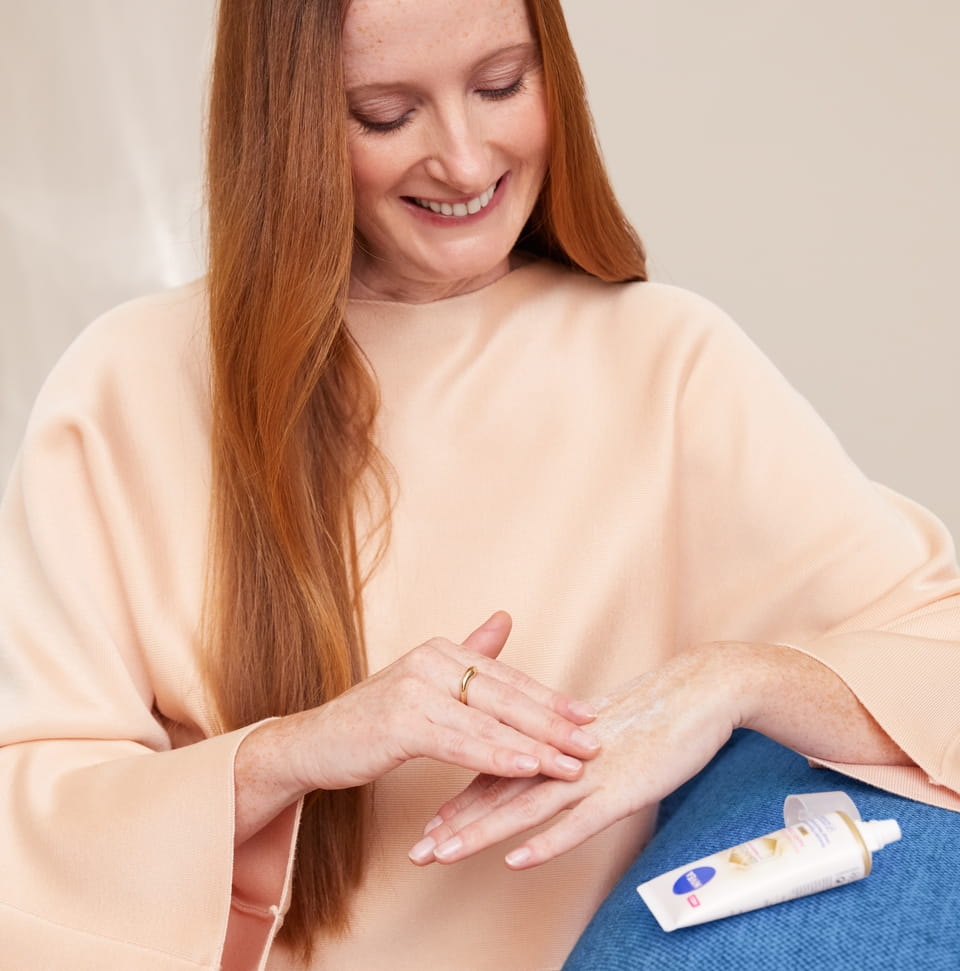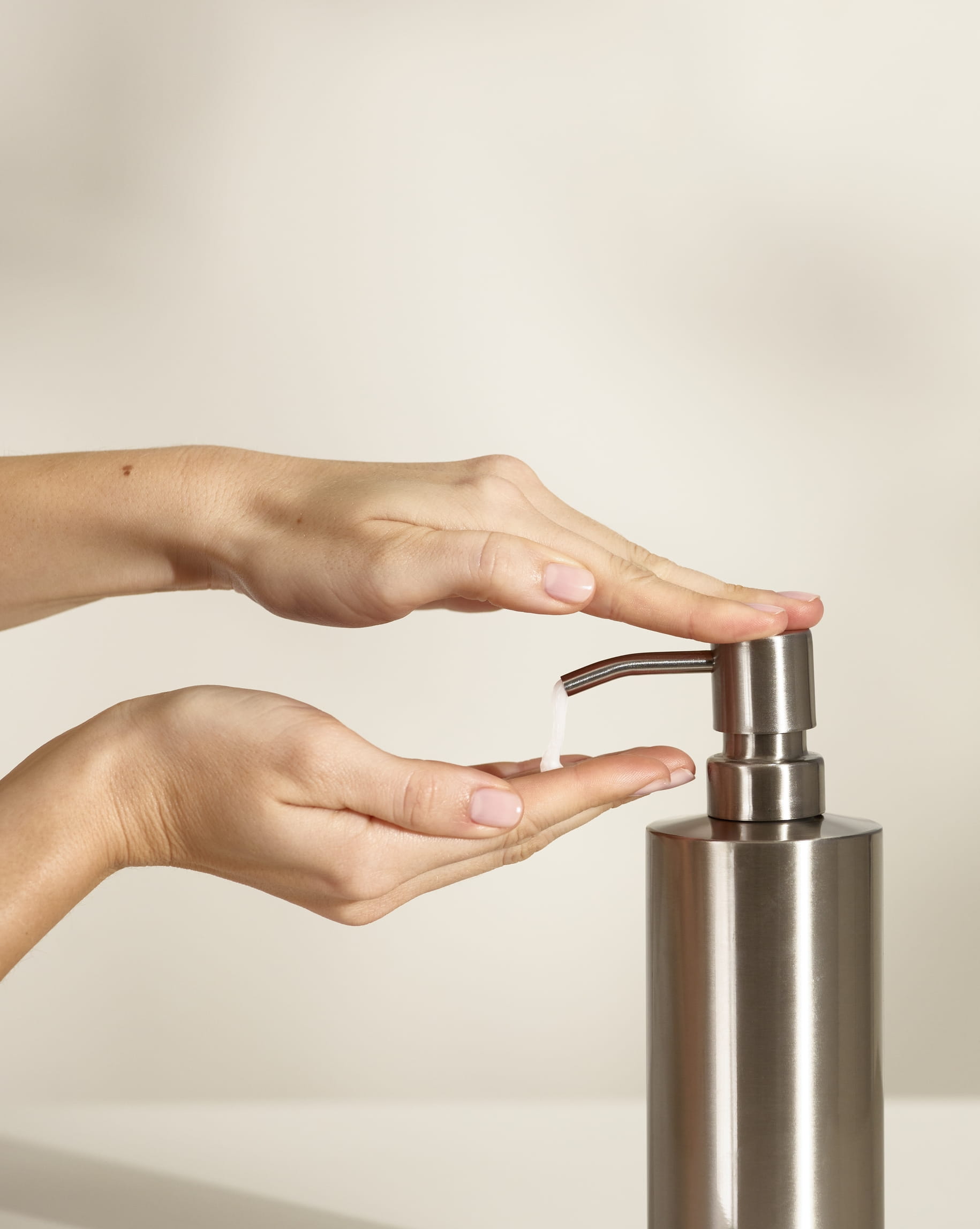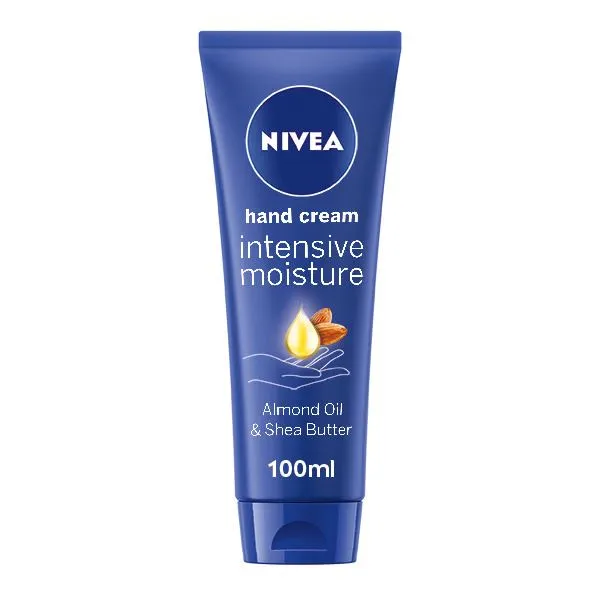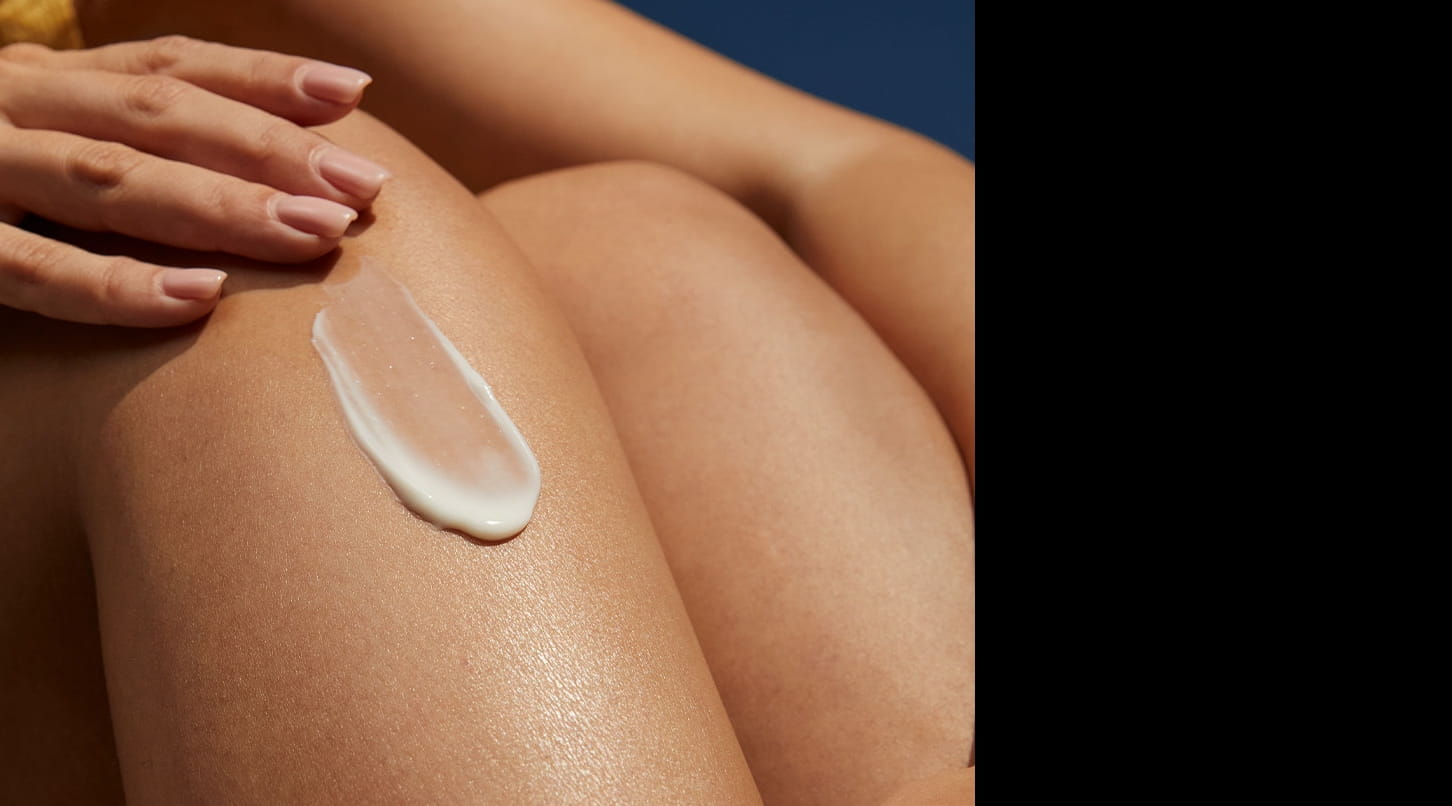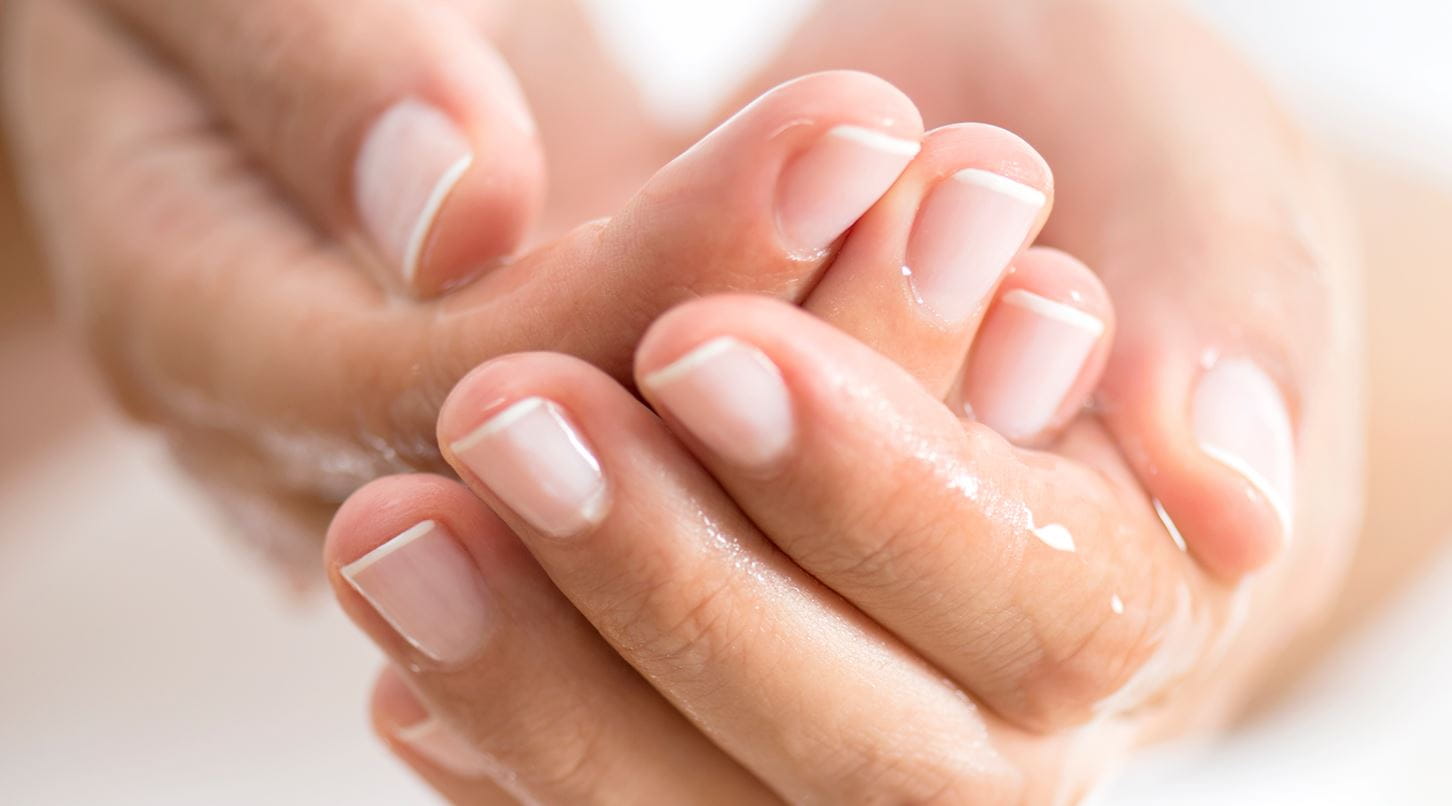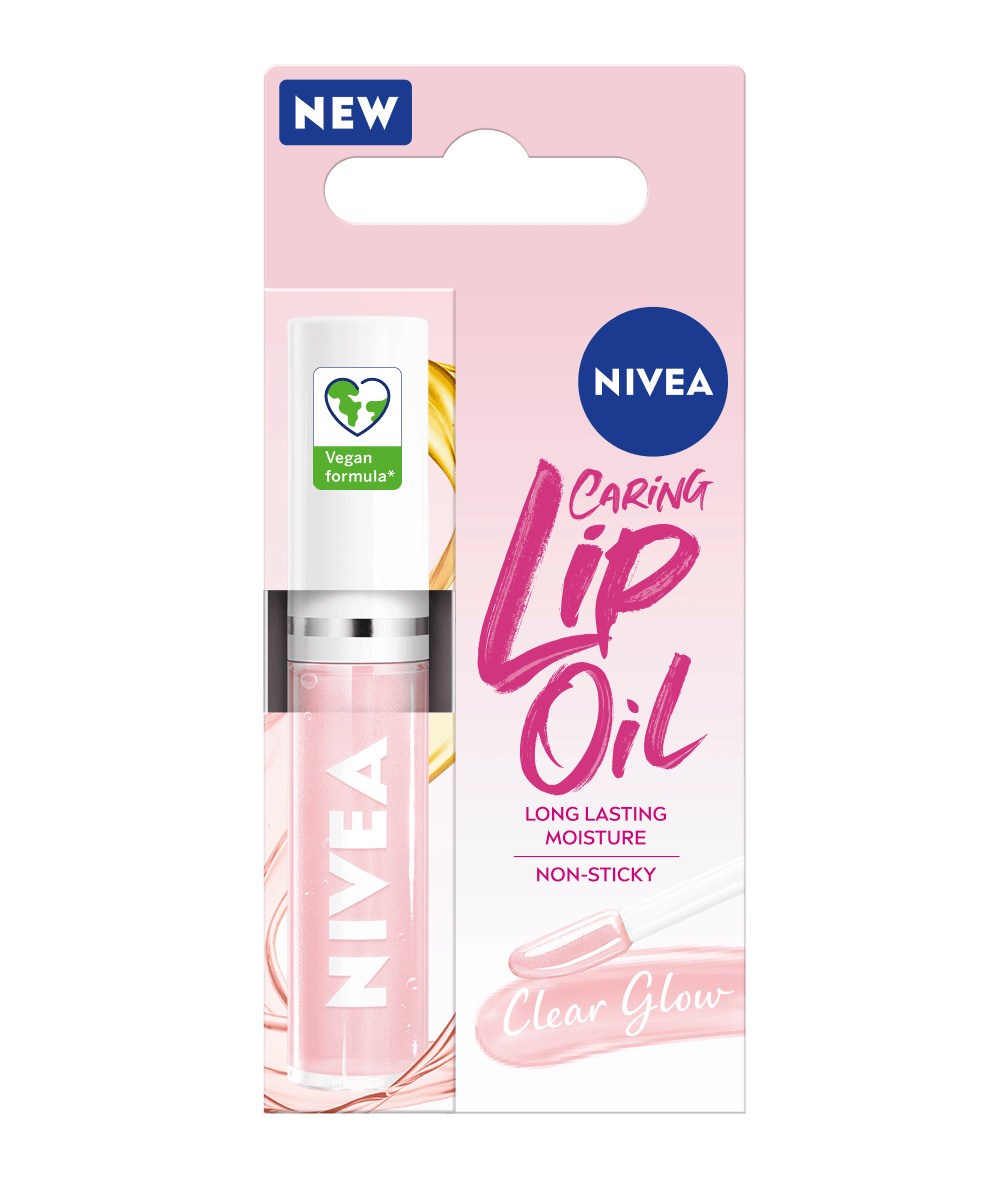
How to Get Rid of Dry Hands? Causes & Remedies
Discover the causes of extreme dryness on hands and learn how to help prevent them with expert hand care tips and remedies.
What are Dry Hands?
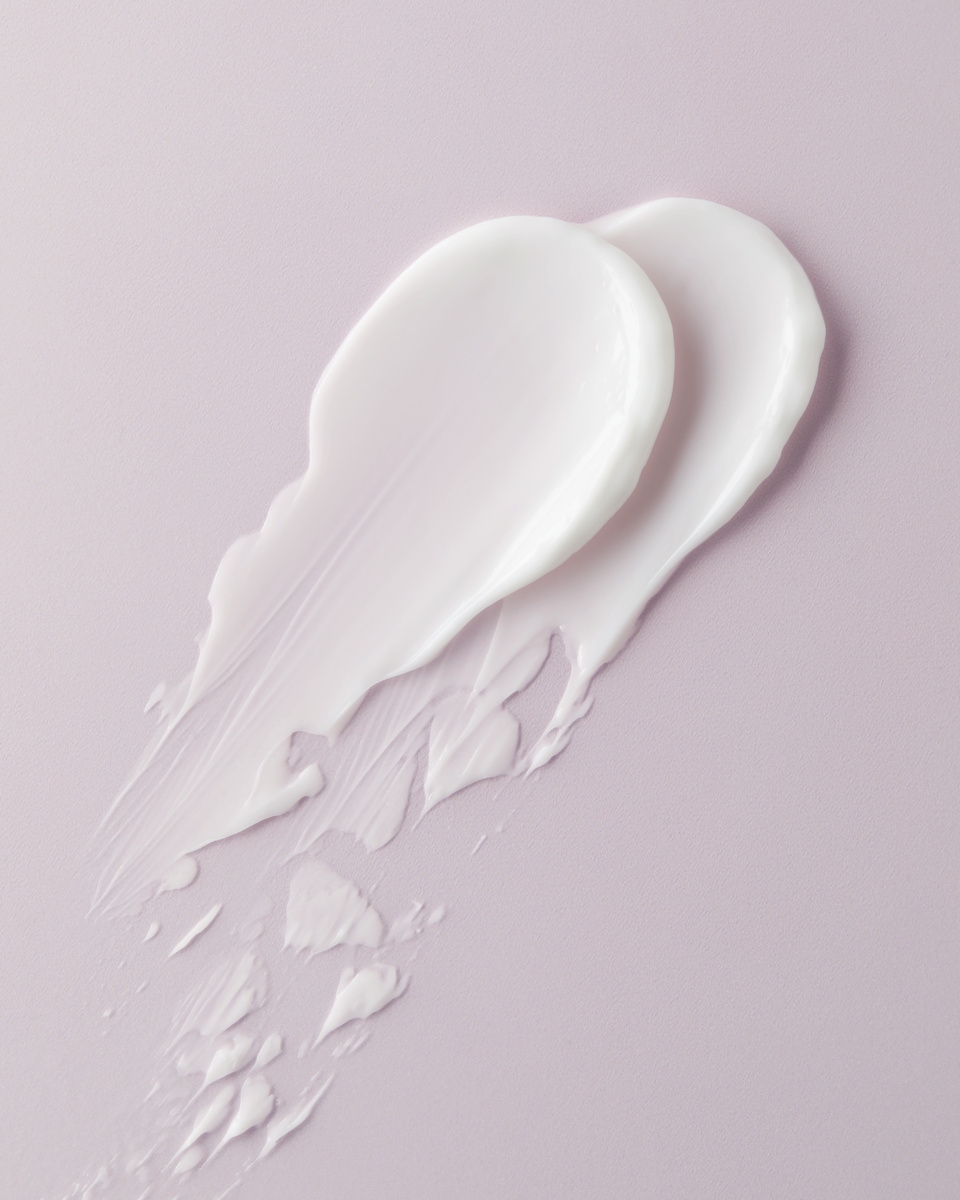
What Causes Dry Hands?
Frequent Handwashing & Sanitisers
Washing hands too often, especially with hot water and harsh soaps, can strip away natural oils, leaving skin dry and irritated.
Cold Weather & Low Humidity
Winter air and indoor heating can reduce moisture levels, making hands more prone to dryness and cracking.
Harsh Soaps & Cleaning Products
Detergents and antibacterial soaps can sometimes contain chemicals that dehydrate the skin and weaken its natural barrier.
Lack of Moisturising
Not applying hand cream regularly can cause moisture loss, especially after washing or exposure to drying elements.
Skin Conditions & Allergies
Certain skin conditions and allergies can cause excessive dryness, irritation, and sensitivity on the hands.
4 Signs & Symptoms of Dry Hands
Chapped or flaky skin:
When your hands lose moisture, they may start to feel rough, peel, or develop flaky patches. This is a sign your skin’s natural barrier needs replenishing.
Tightness and rough texture:
If your hands feel stiff or uncomfortable after washing, exposure to cold air, or contact with harsh products, they may be lacking essential hydration.
Cracks or irritation:
In extreme cases, dryness can lead to small cracks or even painful splits in the skin. This can make everyday activities uncomfortable and increase sensitivity.
Itching and redness
Dryness can cause irritation, leading to red, itchy skin that feels sensitive to touch. This is your skin’s way of signalling it needs deep nourishment.
facts-overview
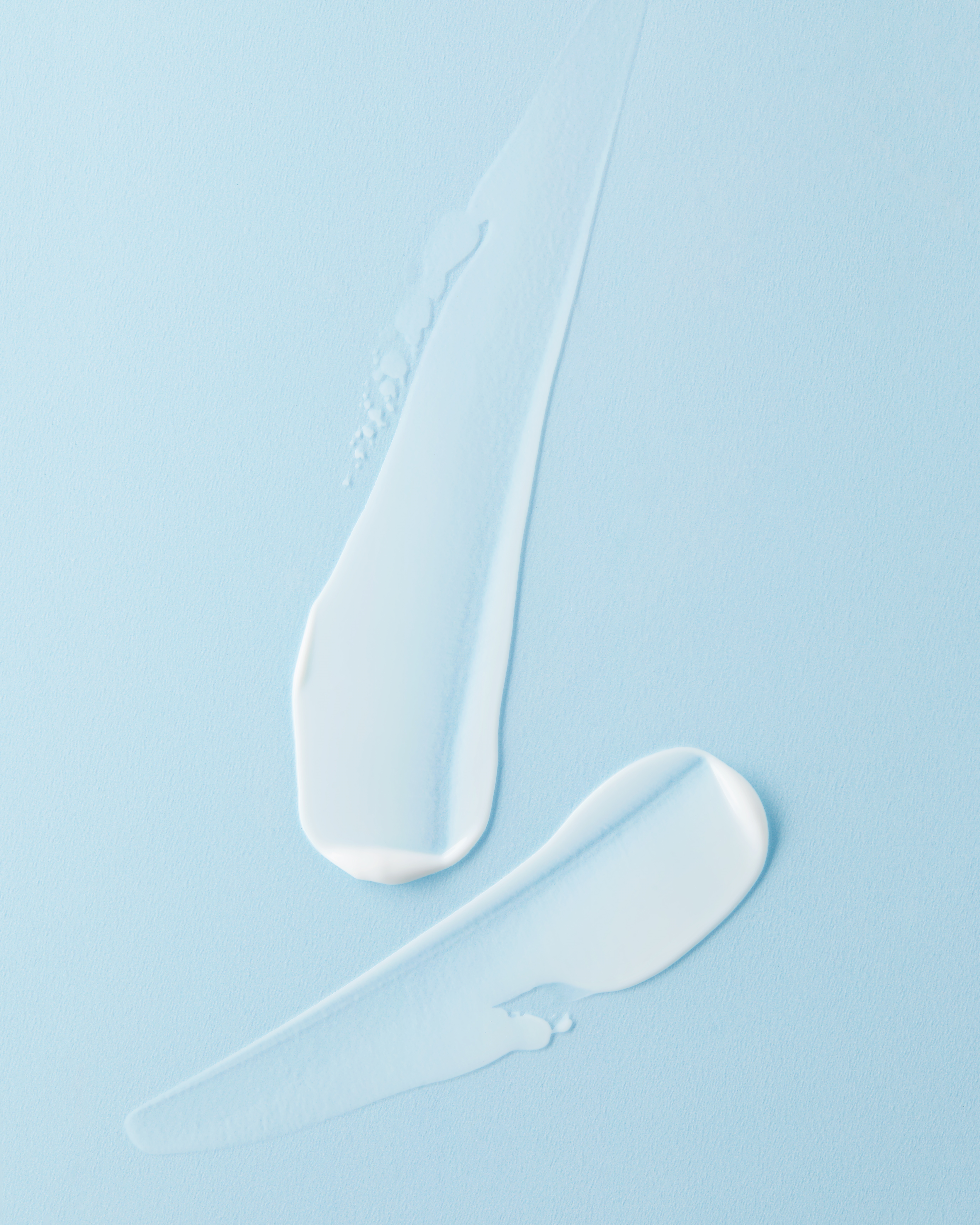
Hand Care Routine for Dry Hands with NIVEA
NIVEA Soft Daily UV SPF 15
How to Prevent Dry Skin on Hands?
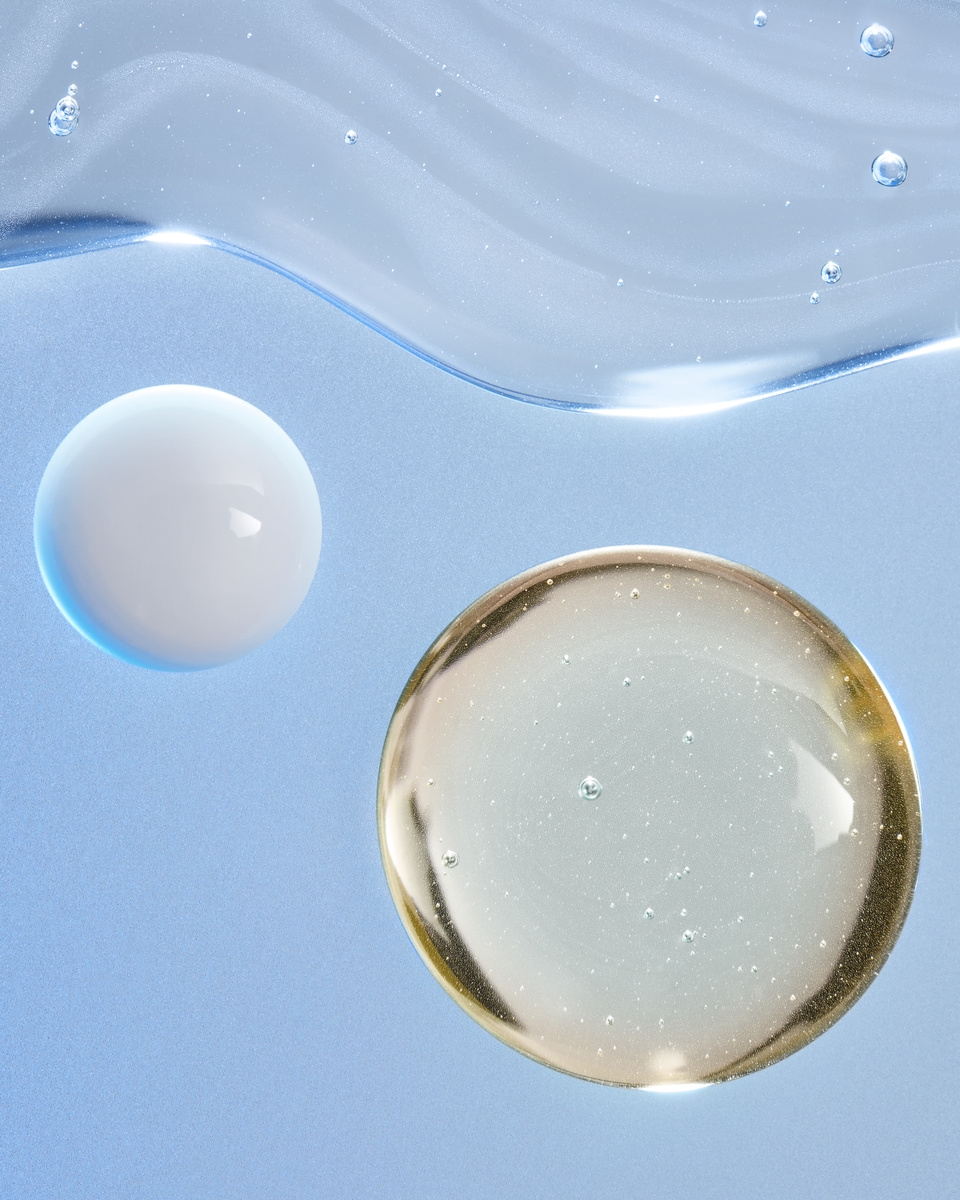
3 Home Remedies for Dry Hands
Almond Oil & Honey Mask:
Mix equal parts Almond Oil and Honey, apply to your hands for 15 minutes, then rinse with lukewarm water. Almond Oil contains Vitamin E and is packed with antioxidants and fatty acids that contribute to nourish and hydrate the skin, while Honey is a natural humectant with a light exfoliationg efffect that locks in hydration and softens the skin.
Aloe Vera Gel:
Apply fresh Aloe Vera gel to soothe irritation and to help hydrate the skin. Aloe Vera contains vitamins and minerals as well as Polyscaccharides and Phytosterols that help soothe dry, irritated skin, reduce redness, and provide hydration to help relief dry skin. Be careful if you prepare Aloe vera gel yourself, as it may be contaminated with yellow latex, which contains irritating substances. If in doubt, seek specialist advice.
Milk & Oatmeal Soak:
Soak hands in a mixture of lukewarm milk and ground oats for 10-15 minutes to soften dry skin. Milk could help to soften the skin, while Oats have anti-inflammatory properties that help soothe cracked or irritated hands.
We recommend proceeding with caution when it comes to home remedies and be sure to consult a professional if necessary.
